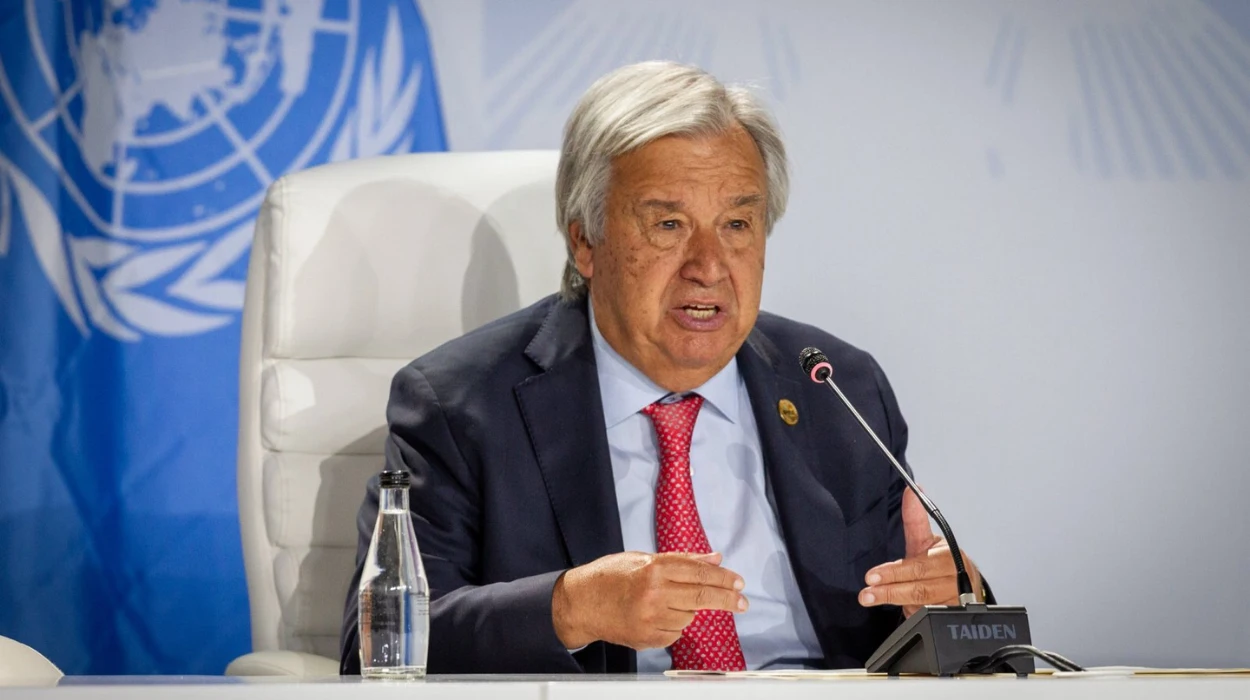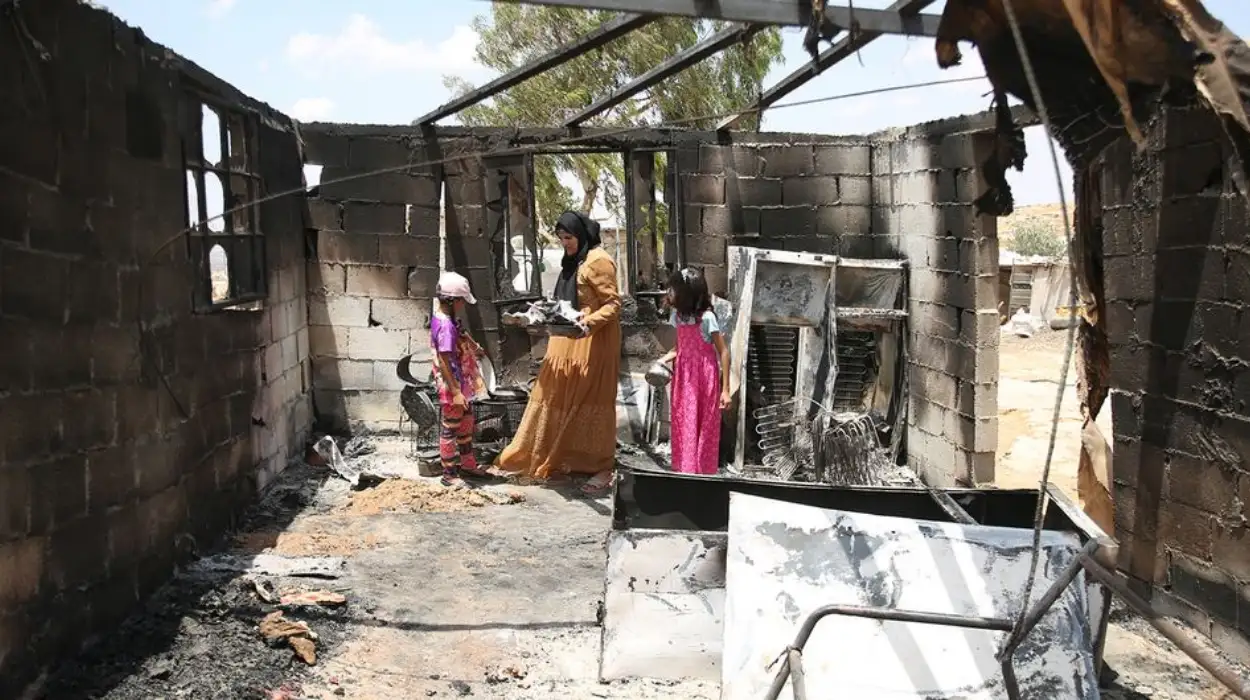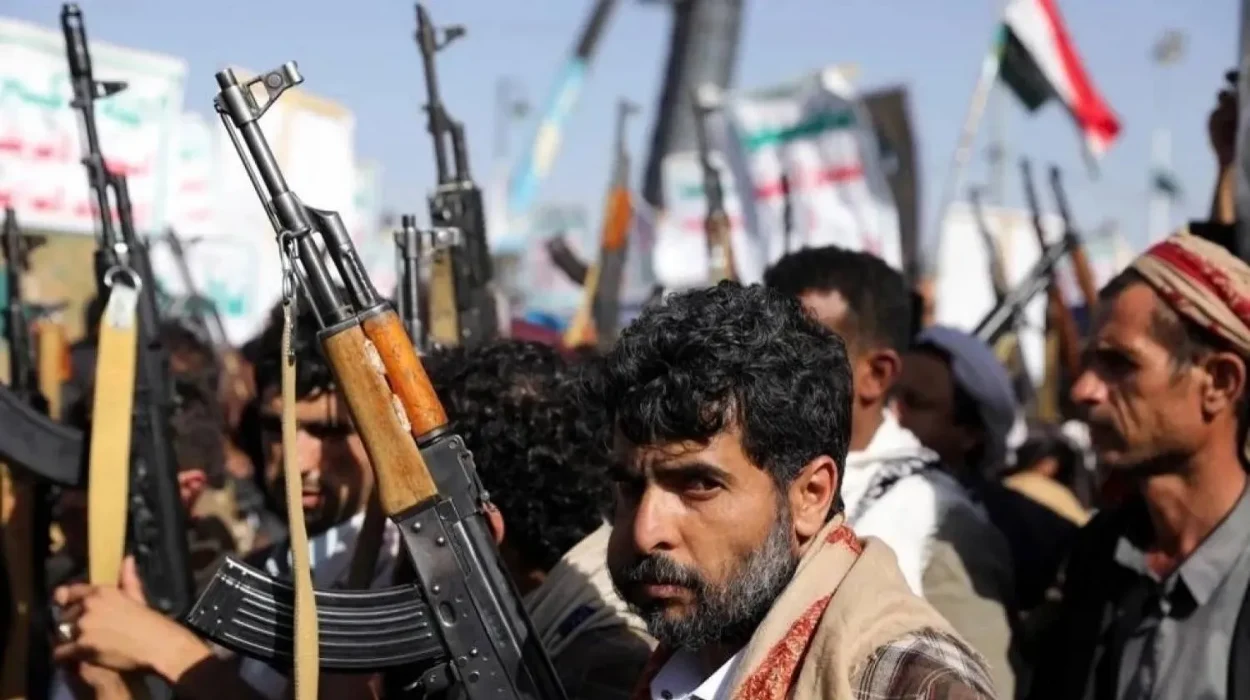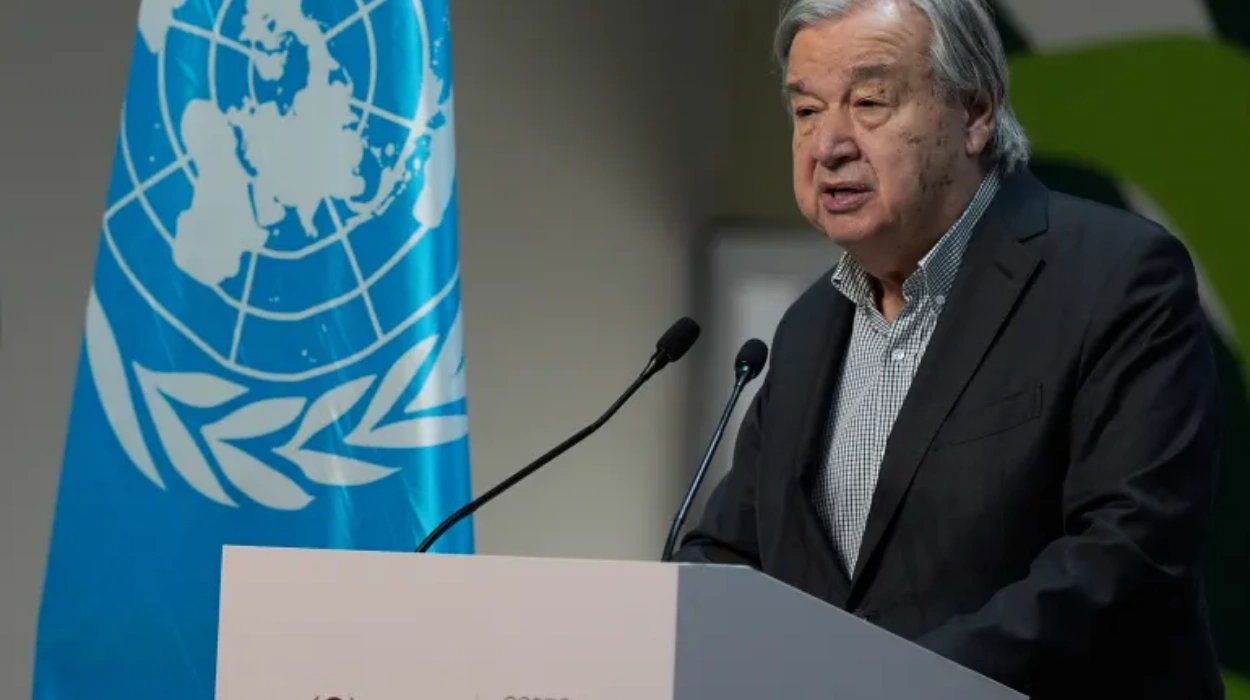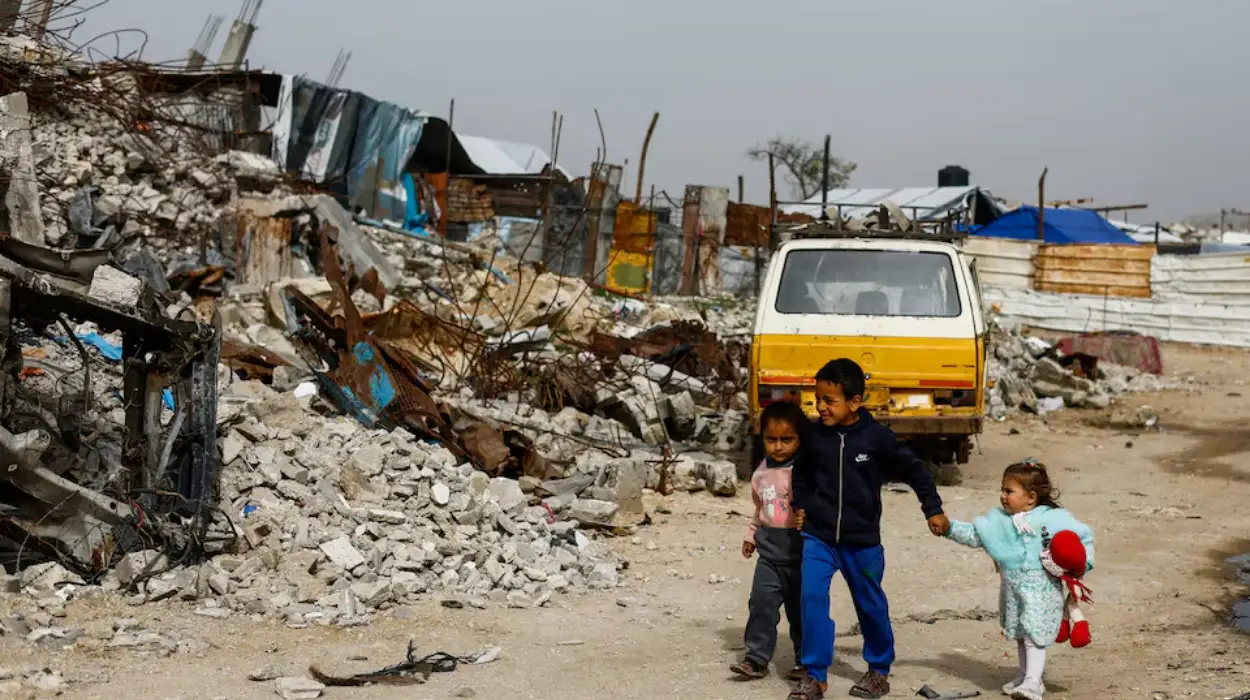Human Rights Watch stated that a new commission should be established by the UN General Assembly to investigate the links between the North Korean government’s military projects and nuclear weapons development and its oppressive regime.
There will be a special high-level plenary session on North Korea at the General Assembly on May 20. The General Assembly emphasized that the nation’s serious human rights situation is connected to its weapons programs in the resolution that called for a special session in December 2024.
It also highlighted the effects of the government’s widespread diversion of resources to the military and its harsh repression of the populace, which have made it possible to mobilize forced labor to support military programs that are essential to the development and production of nuclear weapons.
According to Human Rights Watch’s Asia advocacy director, John Sifton,
“the UN General Assembly needs to step up pressure on North Korea since the Security Council remains deadlocked.”
“It will be easier to guarantee that future diplomatic negotiations and UN discussions on North Korea will address both issues together, rather than just focusing on nuclear proliferation and sanctions compliance, if we continue to scrutinize the country’s weapons programs and human rights record.”
Why has the Security Council failed to act effectively?
After revealing several crimes against humanity and other grave breaches, a historic UN Commission of Inquiry on North Korea recommended that the Security Council submit the country to the International Criminal Court more than ten years ago. In 2014, the Security Council received the report from the General Assembly.
The Security Council has conducted a few discussions since 2015, including one in June 2024, to discuss North Korea’s human rights status, but it has not resulted in any significant resolutions or actions. The state of human rights in North Korea has only become worse over that time.
The General Assembly seldom holds high-level plenary sessions like the one on North Korea. They serve to draw attention to important international issues and frequently involve heads of state, ministers, and ambassadors.
What role could a new UN body play?
In order to better document how North Korea’s systemic rights violations are endangering peace and security not only on the Korean peninsula but globally, UN member states should explore options for a permanent UN body at the next General Assembly session. This body would be staffed by experts in international human rights and humanitarian law, weapons proliferation, and sanctions.
The massive use of forced labor by the North Korean government, uncontrolled arms sales to oppressive regimes, and the negative humanitarian effects on the people of North Korea of diverting funds from social services to the government’s military projects might all be topics of focus.
According to Human Rights Watch, future accountability for grave violations might also be facilitated by establishing a permanent body to review and document information about violations of human rights and their connections to security concerns and the spread of weapons. It may also include suggestions for sanctions compliance and human rights monitoring, as well as reporting on the humanitarian effects of sanctions on North Korea.


